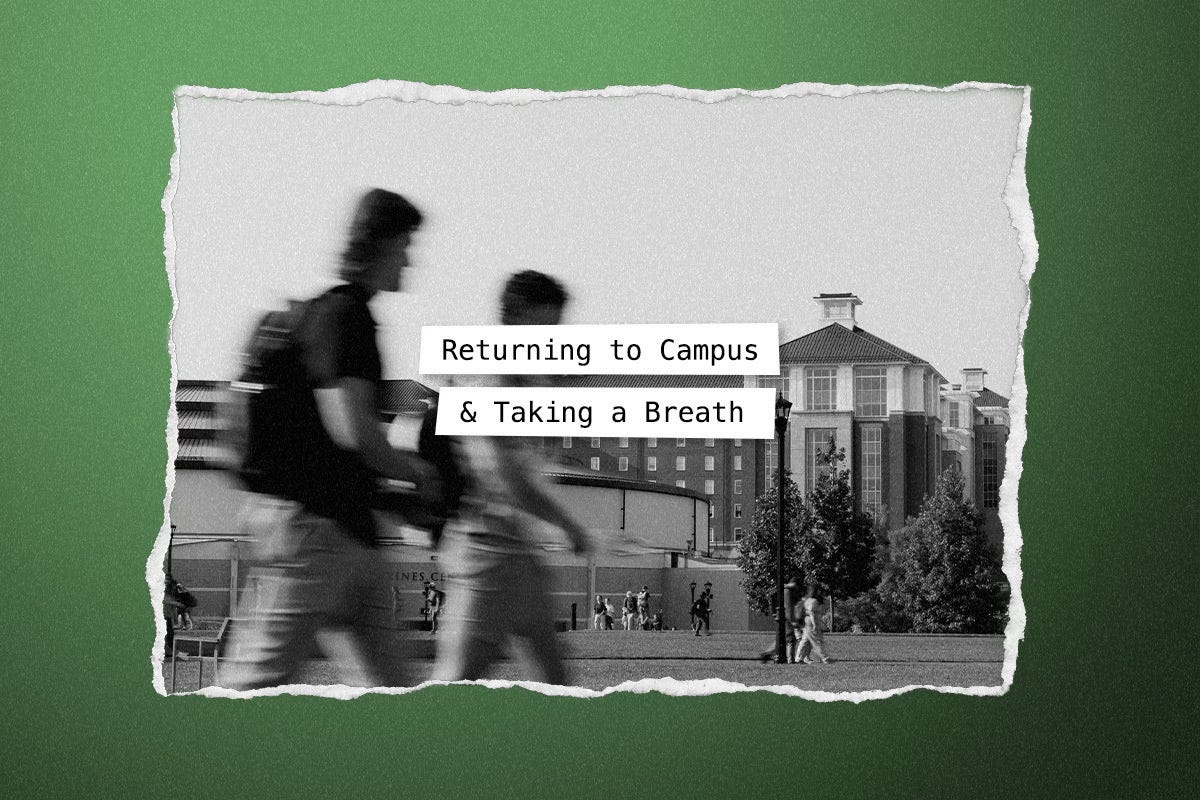With most campuses, including my own, focused on welcoming back faculty and students, I’m deviating from the typical article format this week to highlight some recent publications that touch on topics raised in Capitalizing on College. The diverse outlets of these pieces offer a sense of the widespread interest regarding finances and higher education. I’ll be back to posting my own articles covering the higher education landscape with the next issue. Wishing you all a smooth beginning to another academic year.
The College That is Thriving Under Trump (Chronicle of Higher Education)
Colleges and universities do not respond in unison to challenges, and those differences have resulted in some colleges like Grand Canyon University thriving amid the present presidential administration. Grand Canyon is part of a series of schools in the Phoenix valley who all run the accelerated strategy, including Arizona State, University of Phoenix, and Maricopa Community College. When I was interviewed for this story, I explained this phenomenon: “Brown likened the competition between the neighboring campuses in the Maricopa valley to car dealerships on the same street; each with its own niche, but all trying to get the same car buyers onto their lots. ‘Most people want a college degree and have options to choose from, just as they do vehicles,’ he said. ‘We built a system of education organized around competition. Why, then, are we surprised when we see it?’”
The Next Great For-Profit School Innovation: Default Aversion (Substack)
Tuition driven institutions innovate, elites legitimate. The tuition driven sector is very diverse comprised of women’s colleges, HBCUs, religious schools, Hispanic serving institutions, vocational, for-profit, and more. Because they rely on tuition to survive, tuition driven schools operate in a realm radically different than the “best practices” maintained by elite institutions. And that realm is usually the birthplace of innovation in higher education. This piece by
highlights what that journey often looks like and how he believes the innovation of default aversion will travel. It is important to note, the focus here is behavior (action), not brand (prestige).Christian Colleges Shouldn’t Operate Like Businesses (Christianity Today)
Tuition-driven institutions are value-entrepreneurs who grapple daily with the tension between money and mission, purpose and profit. Whether it is the women’s college advocating empowerment, the HBCU developing Black identity, or the religious college fostering faith. In this review of Capitalizing on College,
a professor of history at Palm Beach Atlantic, describes how that tension plays out in Christian colleges and universities. She presses in on her community of readers, “Christian higher education has a long association with the ideals of serving the common good and living life for a higher purpose. Brown’s book helpfully illustrates why that connection might be fraying.”
Extra Edge:
Issue Soundtrack: State of Mind by Kaskade & Lipless
Guest Posts: Over the summer months, I had the pleasure of collaborating with two colleagues who are also writing about important topics in higher education. You can find my guest posts Innovation Rooted in Death: Universities Survived by Discovering What They Were Not on
’s College Town, and How American Universities Built Their Own International Enrollment Cliff (Part One) and Moving Beyond the International Enrollment Cliff (Part Two) on Distributed Progress by . Please head over to their Substacks and give them both a follow!In Review: If you have already read Capitalizing on College, please leave a review on Amazon, Barnes & Noble, or Goodreads. Your contribution will help us spread the word about this important topic.


